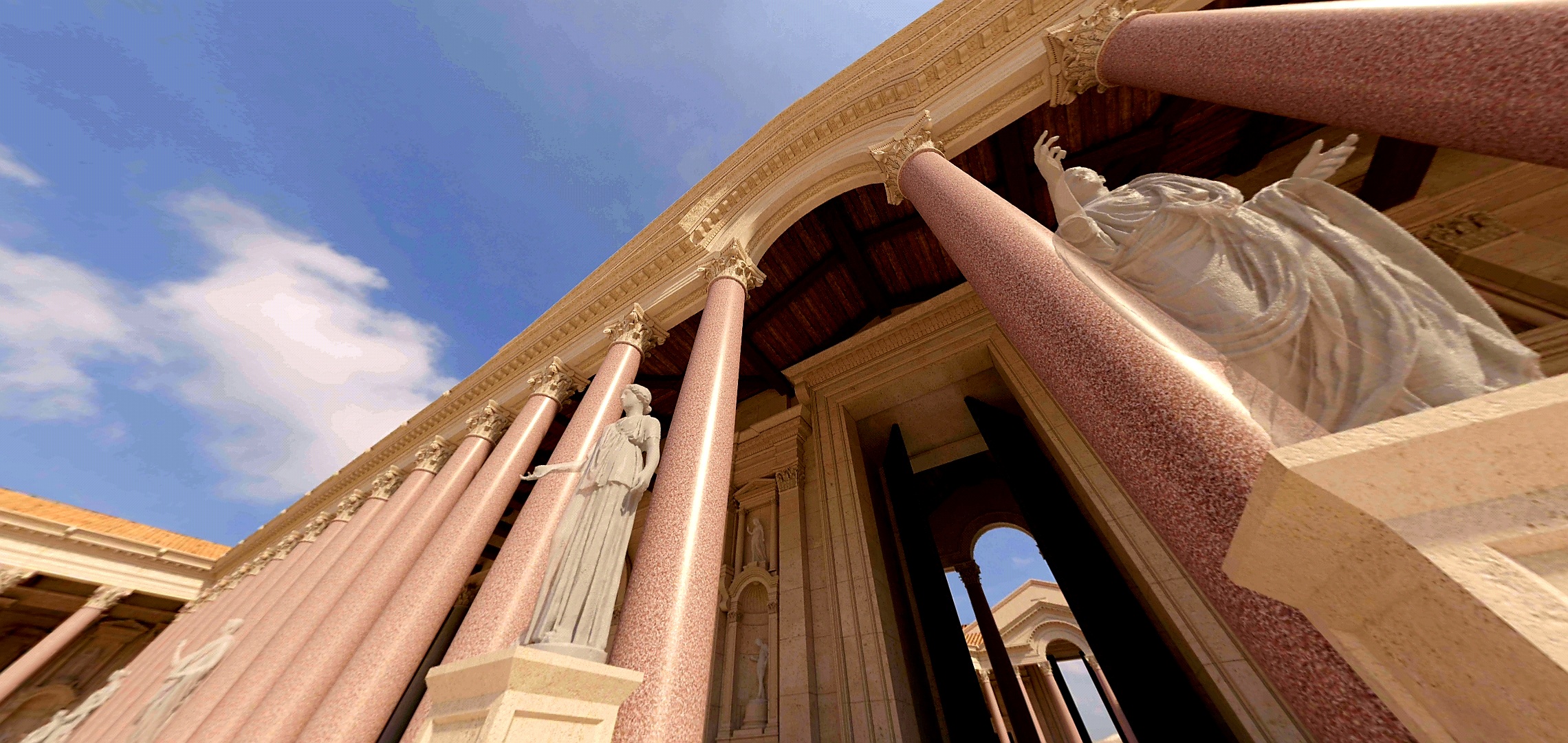
One pastime that gained traction over the past year are virtual tours. There’s no shortage of “best in class” lists and suggestions on various publications. As iconic sites such as the Taj Mahal started to launch virtual tours (which made many a holiday or birthday gift list), technology companies such as Amazon, Airbnb and Google got into the act, often pitching these options as doing good abroad while doing so from the safety of home.
So, even if mass vaccination continues apace worldwide, there’s no reason to believe these virtual tours will still go away anytime soon. We still don’t know if new strains of COVID-19 will occur, and this week’s news that France went into a third nationwide lockdown shows how this insidious this virus is. While the usual popular destinations like Las Vegas and Cancun are already seeing a resurgence in visitors, for lesser-known destinations, it will take a long time for those tourist dollars to return to those communities.
Nevertheless, virtual tours still present opportunities for communities and local tourism sites to showcase what they have to offer. Take a historic site in Lebanon, a country where most visitors – as in expats living in the Middle East – visit either to see the country’s beaches, the coastal archeological site Byblos or the Cedars of God. Of course, upon landing in Beirut, many travelers are happy to only indulge in the city’s bacchanalian nightlife (or get some plastic surgery done!). In any event, most of Beirut’s hotels arrange tours that usually cram in a few highlights that include Byblos, the caves at Jeita Grotto and a religious site or two – leaving out other worthwhile destinations.
Speaking of Bacchus, the Greek god of wine, the city of Baalbek in Lebanon’s Baqaa Valley, about 40 miles northeast of Beirut, has set some hopeful expectations on a new app that highlights the city’s legacy. Known in Greek and Roman times as Heliopolis, Baalbek is home to stellar archeological sites (as shown above) that include temples dedicated to Bacchus and his boss, Jupiter. Now these sites are on an app that can be a joyful time suck for archeological and history geeks.

The virtual tours of these sites are the result of a partnership between Flyover Zone Productions - which has also created virtual tours of the cultural heritage sites worldwide - the German Archaeological Institute and the Lebanon’s cultural ministry. The end result is an app that can be downloaded on a smartphone, tablet or laptop. Users can take a narrated tour of Baalbek as it exists today, or they can be transported to 215 A.D., when the city reached its economic and cultural zenith.
The app, Baalbek Reborn, also has a giving back component. The app supports Arcenciel, an NGO in Lebanon that offers support to the country’s underprivileged and marginalized communities. Baalbek Reborn includes a direct link so that users can make a donation to support restoration efforts, which include vocational training given by heritage experts, efforts to rebuild Beirut's lost traditional workmanship and in turn help preserve the craftsmanship and the centuries of history Lebanon’s neighborhoods still hold.
Even as more consumers adopt a “book-now, figure it out later” mentality with their travel plans, one thing we learned last year is that the global pandemic has shown no shortage of curve balls. Projects like Baalbek Reborn can provide tourist destinations a chance to land on travelers’ radar – and if they have a sense of purpose behind them, can help drive social enterprise as well.
Image credit: Fred Nassar/Unsplash

Leon Kaye has written for 3p since 2010 and become executive editor in 2018. His previous work includes writing for the Guardian as well as other online and print publications. In addition, he's worked in sales executive roles within technology and financial research companies, as well as for a public relations firm, for which he consulted with one of the globe’s leading sustainability initiatives. Currently living in Central California, he’s traveled to 70-plus countries and has lived and worked in South Korea, the United Arab Emirates and Uruguay.
Leon’s an alum of Fresno State, the University of Maryland, Baltimore County and the University of Southern California's Marshall Business School. He enjoys traveling abroad as well as exploring California’s Central Coast and the Sierra Nevadas.














